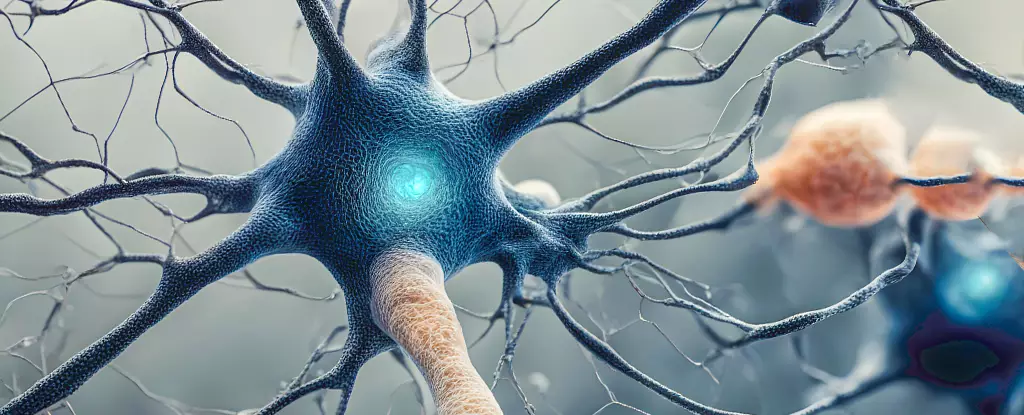Alzheimer’s disease is a devastating condition that affects millions of people worldwide. Despite years of research, the exact cause of brain damage in Alzheimer’s has remained elusive. However, a recent study led by Emory University in the US has shed new light on the potential culprits behind the disease.
For decades, researchers have focused on abnormal clumps of proteins called amyloid beta as a potential cause of Alzheimer’s. These plaques were believed to be directly damaging brain cells, leading to the symptoms of confusion, communication difficulties, and memory loss. However, new evidence suggests that these plaques may not be the primary cause of the disease.
The Role of Other Proteins
The study conducted by Emory University biochemists identified more than 20 proteins accumulating along with amyloid beta in Alzheimer’s brains. These proteins, including midkine and pleiotrophin, were found to be involved in inflammatory processes within the body. This discovery suggests that these proteins may be the true culprits behind Alzheimer’s symptoms, rather than amyloid beta plaques.
The findings of this study have opened up new possibilities for the development of therapies for Alzheimer’s disease. By targeting the proteins that accumulate along with amyloid beta, researchers may be able to interrupt the pathological processes that lead to brain damage. This could be a significant breakthrough in the treatment of this devastating condition.
The researchers note that Alzheimer’s disease is a complex condition that involves a myriad of changes in the brain over decades. This complexity makes it challenging to pinpoint the exact cause of the disease. However, by focusing on the proteins that interact with amyloid beta, researchers may be one step closer to understanding and ultimately treating Alzheimer’s.
The study conducted by Emory University has provided valuable insights into the hidden proteins behind Alzheimer’s disease. By shifting the focus away from amyloid beta plaques and towards other proteins, researchers may be able to uncover new therapeutic targets for this devastating condition. Further research is needed to fully understand the role of these proteins in Alzheimer’s pathology, but this study represents a promising step towards a better understanding of the disease.


Leave a Reply